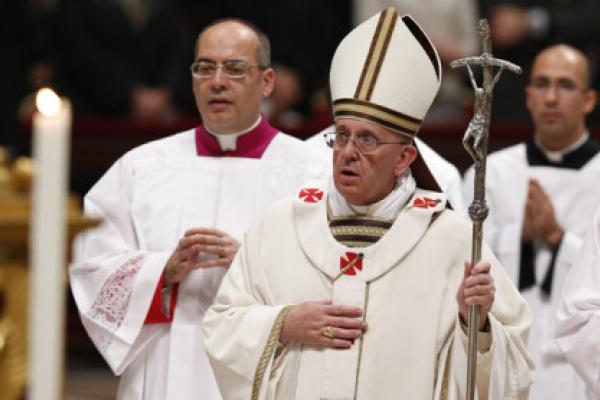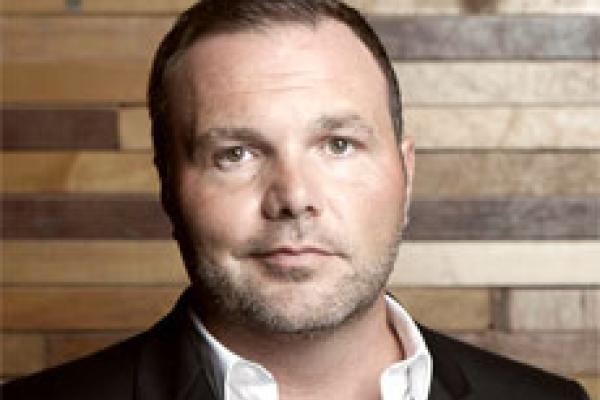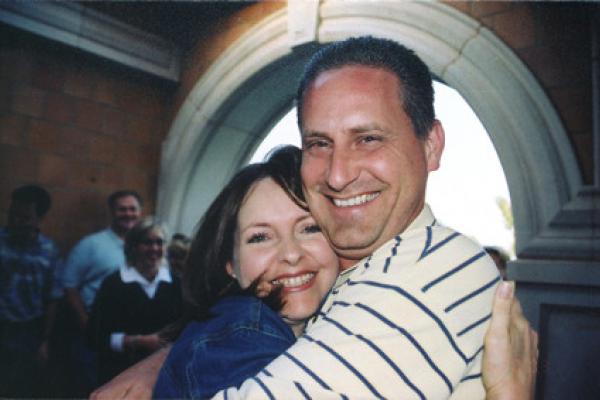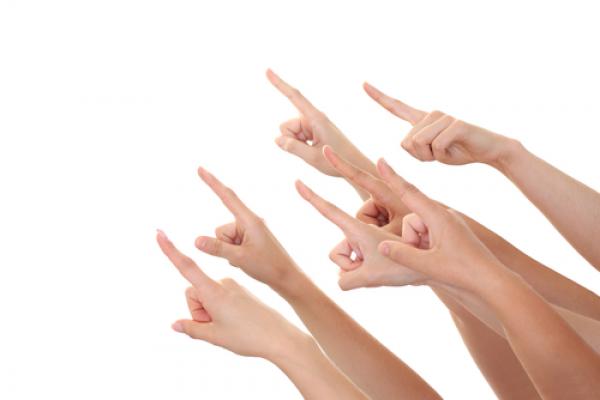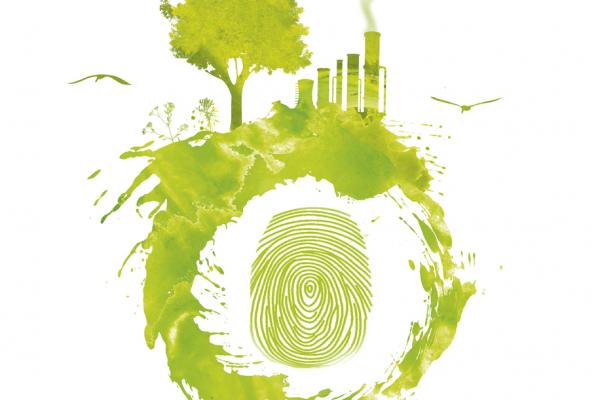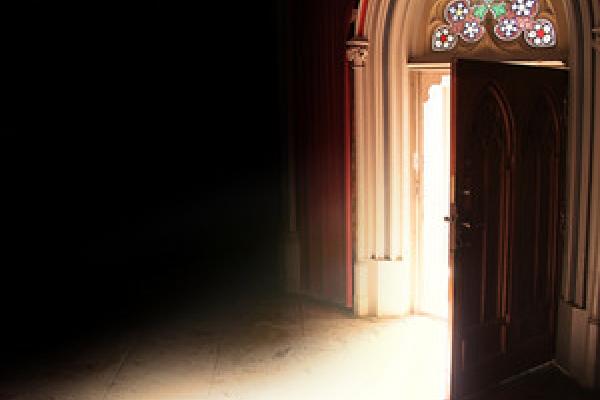The Vatican said Monday that Pope Francis will preside over a prayer vigil dedicated to victims of mob violence in Italy and their families.
The special service, to be held Friday, is expected to include at least 700 Italians who lost a family member to violence connected to Italy’s various organized crime organizations.
Seattle megachurch pastor Mark Driscoll has written a letter to his congregation to explain recent controversies, including the marketing campaign intended to place the book, Real Marriage, on The New York Times best-seller list.
In recent months, however, reports have emerged that Driscoll plagiarized some of the material in his books. And earlier this month, World magazine reported that Driscoll hired a firm to buy copies of the book he penned with his wife, Grace, so that it would top the best-seller lists.
In a letter posted on Reddit on Saturday, Driscoll apologized for using the marketing strategy.
Once Steve Green sets his path, there’s no turning back.
Not when he saw no point in college, going directly into his family’s Hobby Lobby craft store business. Green, now 50, rose up from assembling picture frames for “bubble gum money” at age 7 through every job, including cleaning toilets, to president of the $3.3 billion national chain, one of the nation’s largest private companies.
And certainly not now when, he says, the U.S. government is challenging his unshakeable Christian faith and his religious liberty.
In the days before video games, we had tabletop games that were a lot of fun despite their built-in shortcomings. We had an electric football game with a vibrating field; sometimes, the players would go in circles or simply stop in place. There was a hockey game with long rods that were pushed and pulled to make players advance or retreat, then spun to make them whirl and shoot; occasionally, the puck would wind up in a dead space on the board.
At those moments, you had two choices: Call a timeout, or raise your legs a bit to tilt the table and get the player or the puck headed in the other direction.
Naturally, this was frowned upon. It was seen as cheating — giving yourself an advantage. If you got caught raising the table, you were penalized. A tilted table was considered unfair.
In real life, we all sit at tilted tables.
There is a lot of conversation happening in the blogosphere around the movement by Sheryl Sandberg and friends to “Ban Bossy” Many women in leadership in faith circles can resonate with the sentiment of this campaign, as many faith-based institutions historically have silenced women by labeling leadership traits as “unfeminine” while simultaneously enshrining leadership as a male characteristic. Sandberg argued in her TED talk that inspired the movement, that in her experience many girls and women have been called “bossy” when boys and men who express similar sentiments are portrayed as “brave” and “leadership potential.” In my own experience I have experienced and seen this happen and have observed that few places are as guilty of this practice as faith-based institutions. As a professional woman and a mother of two precocious and intelligent girls, I was initially impressed with this effort to reshape the language of educators, mentors, and parents when encountering strong, opinionated children. However, upon further reflection, and after reading several engaging blogs across the political and ideological spectrum, I have changed my mind.
While I applaud Sandberg and associates efforts to highlight the gendered assumptions about leadership that are still present in many institutions and individuals in American society, I think their efforts to “ban” a word are misguided, as “banning” has the effect of stopping dialogue. What is really needed is a cultural conversation about the meaning of “leadership” and the rainbow of its expressions in society. We need an ongoing conversation about how leadership is perceived and how it is expressed in engendered and personality-based and culturally shaped ways. Their efforts to highlight the effects of a label like “bossy” are to be commended, but banning this label alone is not enough for building a future where women and girls have space at the table equal to men and boys, because there are men and boys and culturally different minorities who are also not at the table. It is time that we stop using gender as a straw man and begin considering how labels such as “bossy” construct such narrow definitions of leadership affect both developing boys and girls.
What more perfect a passage to enliven our Earth Day celebrations than Romans 8:20-25?
Paul's letter to the Romans was certainly not an exhortation to deepen creation care by weighting it with environmental justice. It wasn't an exhortation for the middle-class church to listen to the groaning of people under the bondage of environmental racism. It wasn't intended to paint a picture of the intersection of climate change, poverty, and racism.
But we — two evangelical activists — are just foolish enough to give all that a try in this short space!
Our dear Apostle Paul in his letter to the Romans paints a picture of the new age inaugurated by Jesus' death and resurrection. Jesus has taken sin – that which infiltrated the world (5:12), enslaved the world (6:6, 17-18), and brought death and destruction (7:8-14) — and had victory over it. By our death in baptism and resurrection with Christ, we participate in his victory over sin (6:4). This is a new age, we put on our new selves, we live with the (re)new(ed) creation ahead of us.
Recently, a large wealthy church decided to break up with my denomination. I’m not 100 percent sure I know why. But the no-regrets explanation they wrote implied that religious differences between us were too severe for them to stay committed to our relationship.
Religion has a way of making people do extraordinary things to create peace and unity. It also, as we know well, has a destructive capacity to turn people against one another. It can make us grip our convictions so tightly that we choke out their life. We chase others away, then say “Good riddance” to soothe the pain of the separation. Even more alarming, too many religious people insist on isolating themselves and limiting their imagination about where and how God can be known.
All these realities take on a sad irony when we read about God promising to be outside the walls, present with different people in different places. What does it look like when God defies the restrictions we presume are in place?
